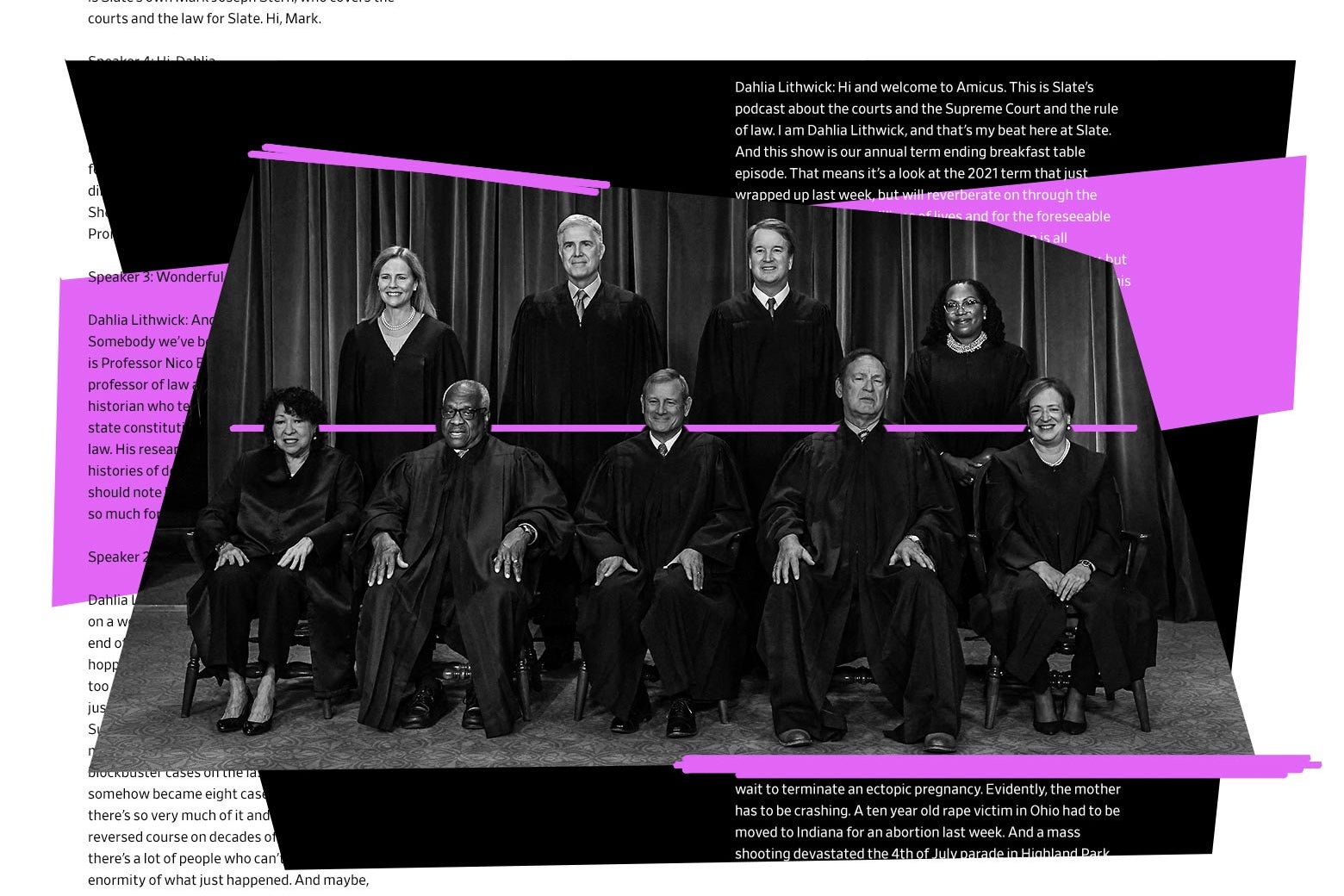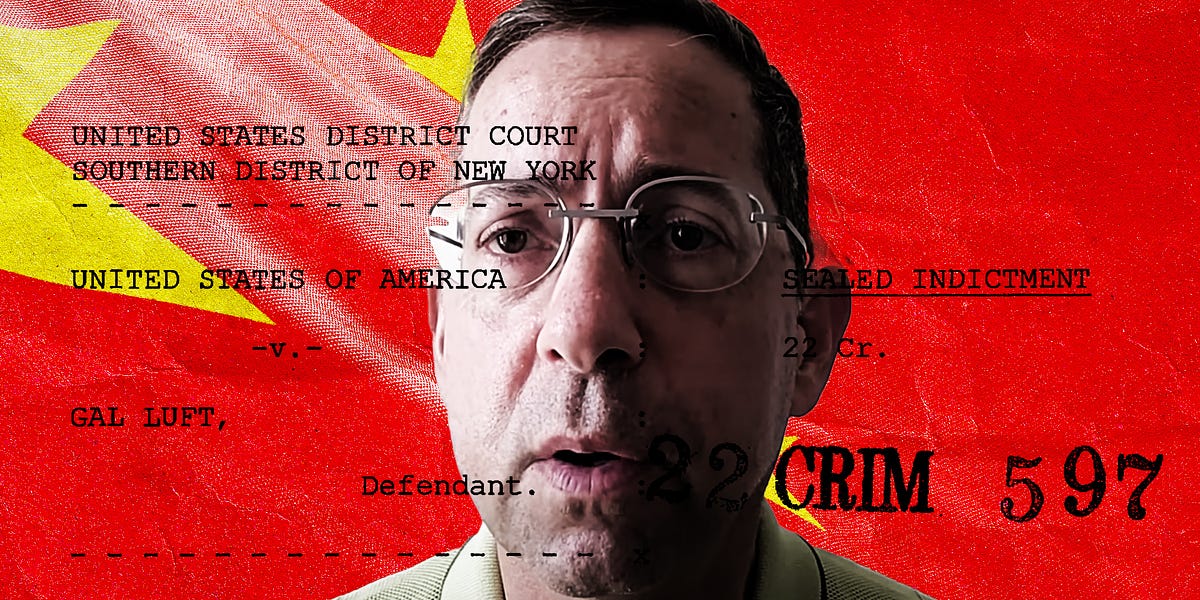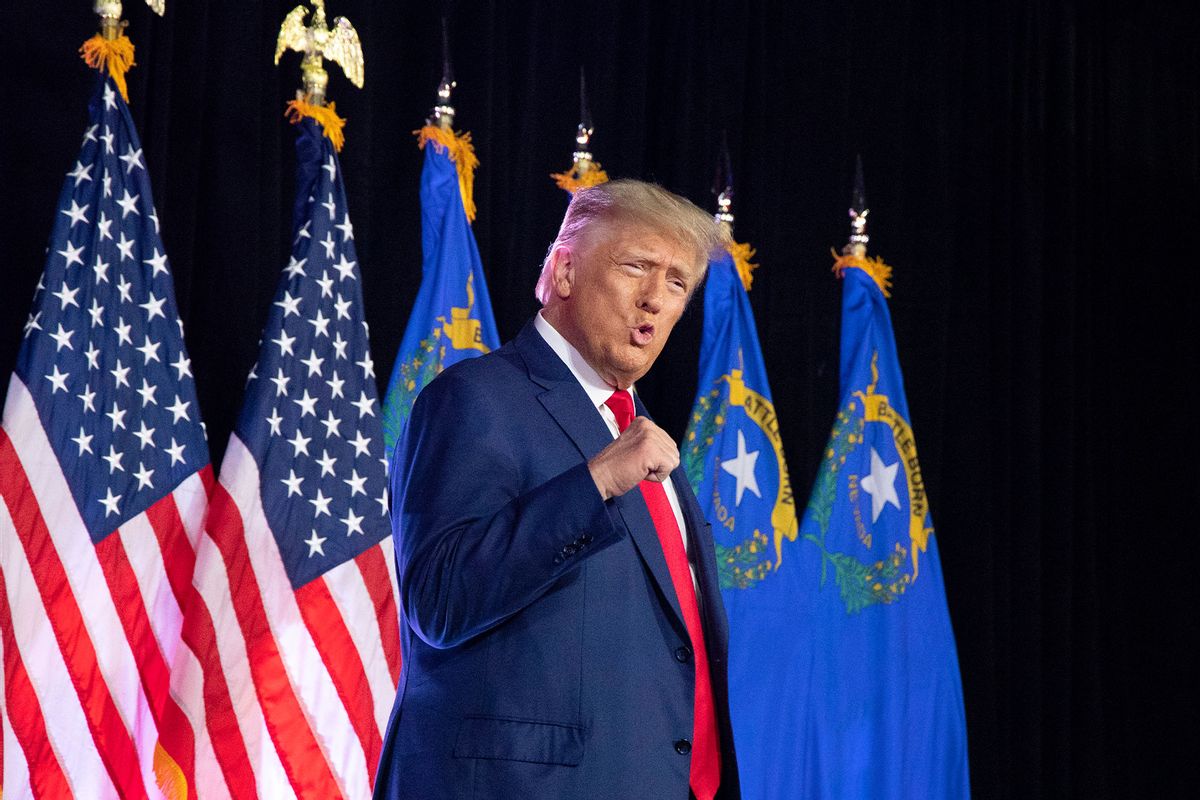Sixties Fan
Diamond Member
- Mar 6, 2017
- 67,567
- 12,083
- 2,290
- Thread starter
- #1,241
On the final episode of Amicus for this term, Dahlia Lithwick interviewed three brilliant court watchers about their reactions to various cases and their observations about where the court is headed: Jamelle Bouie, former Slate writer and current New York Times opinion columnist; Sherrilyn Ifill, former president and counsel of the NAACP and newly named head of Howard University’s inaugural Vernon E. Jordan Jr., Esq. Endowed Chair in Civil Rights; and Steve Vladeck, law professor at the University of Texas and author of New York Times bestseller The Shadow Docket. Below, we’ve excerpted their answers to her first question—lightly edited and condensed for clarity.
Dahlia Lithwick: What does each of you clock as a unifying through-line, if one exists, about this past term? How do you connect it to the national earthquake that was the term before?
Sherrilyn Ifill: I have so many thoughts rushing through my head that it’s hard to pick which one. But I think as a top line, it is calling me back to the very first opening session of the Biden Supreme Court Commission. At that time, we had testimony from different experts, and people submitted testimony, and so forth. Niko Bowie testified first, and he offered an incredibly powerful and important and scathing account of the Supreme Court’s counter-democracy role over the course of its existence. He started out by popping the balloon of the idea that the Supreme Court is the place of last resort that has brought us to a more perfect union. And I remember, a number of my colleagues on the commission seemed quite shaken, or maybe some were offended. But there was no doubt that everything that he was saying was true.
And yet, we were doing this task of performing on this commission without seriously engaging the charge for change. And I think we see the consequences of that this year. Obviously, this was a devastating term, but I think really important for our maturation as a democracy in understanding that things are out of balance. And I think it’s time for us to take a very close look at the way in which we have allowed the mythology of the Supreme Court to set itself on top of our democracy, as opposed to being within our democracy. And I think this term best exemplifies that. I think it’s a historic term. I think it’s a term that will define the Roberts Court. And I don’t think it’s the kind of definition that he anticipated or wanted when he took the job.
Steve Vladeck: I’m going to pick a slightly provocative word, but the more I think about it, the better I think it is. The word of the term, for me, is arrogance. This is a profoundly arrogant institution, and I mean that in multiple respects. Arrogant from the sense of sort of picking and choosing the cases it wants in ways that are not necessarily advancing what the lower courts need, as opposed to the agendas of the justices. Arrogant in the sense of handing down decisions in major cases that really are punts, making you wonder why they took the case in the first place. Like what was the point of granting cert in Moore v. Harper if that was the decision we were going to get out of the court?
(full article online)

 slate.com
slate.com
Dahlia Lithwick: What does each of you clock as a unifying through-line, if one exists, about this past term? How do you connect it to the national earthquake that was the term before?
Sherrilyn Ifill: I have so many thoughts rushing through my head that it’s hard to pick which one. But I think as a top line, it is calling me back to the very first opening session of the Biden Supreme Court Commission. At that time, we had testimony from different experts, and people submitted testimony, and so forth. Niko Bowie testified first, and he offered an incredibly powerful and important and scathing account of the Supreme Court’s counter-democracy role over the course of its existence. He started out by popping the balloon of the idea that the Supreme Court is the place of last resort that has brought us to a more perfect union. And I remember, a number of my colleagues on the commission seemed quite shaken, or maybe some were offended. But there was no doubt that everything that he was saying was true.
And yet, we were doing this task of performing on this commission without seriously engaging the charge for change. And I think we see the consequences of that this year. Obviously, this was a devastating term, but I think really important for our maturation as a democracy in understanding that things are out of balance. And I think it’s time for us to take a very close look at the way in which we have allowed the mythology of the Supreme Court to set itself on top of our democracy, as opposed to being within our democracy. And I think this term best exemplifies that. I think it’s a historic term. I think it’s a term that will define the Roberts Court. And I don’t think it’s the kind of definition that he anticipated or wanted when he took the job.
Steve Vladeck: I’m going to pick a slightly provocative word, but the more I think about it, the better I think it is. The word of the term, for me, is arrogance. This is a profoundly arrogant institution, and I mean that in multiple respects. Arrogant from the sense of sort of picking and choosing the cases it wants in ways that are not necessarily advancing what the lower courts need, as opposed to the agendas of the justices. Arrogant in the sense of handing down decisions in major cases that really are punts, making you wonder why they took the case in the first place. Like what was the point of granting cert in Moore v. Harper if that was the decision we were going to get out of the court?
(full article online)

The Most Remarkable Part of This Supreme Court Term? The Arrogance.
Three experts weigh in on the overlooked but extraordinary moments of this term.










